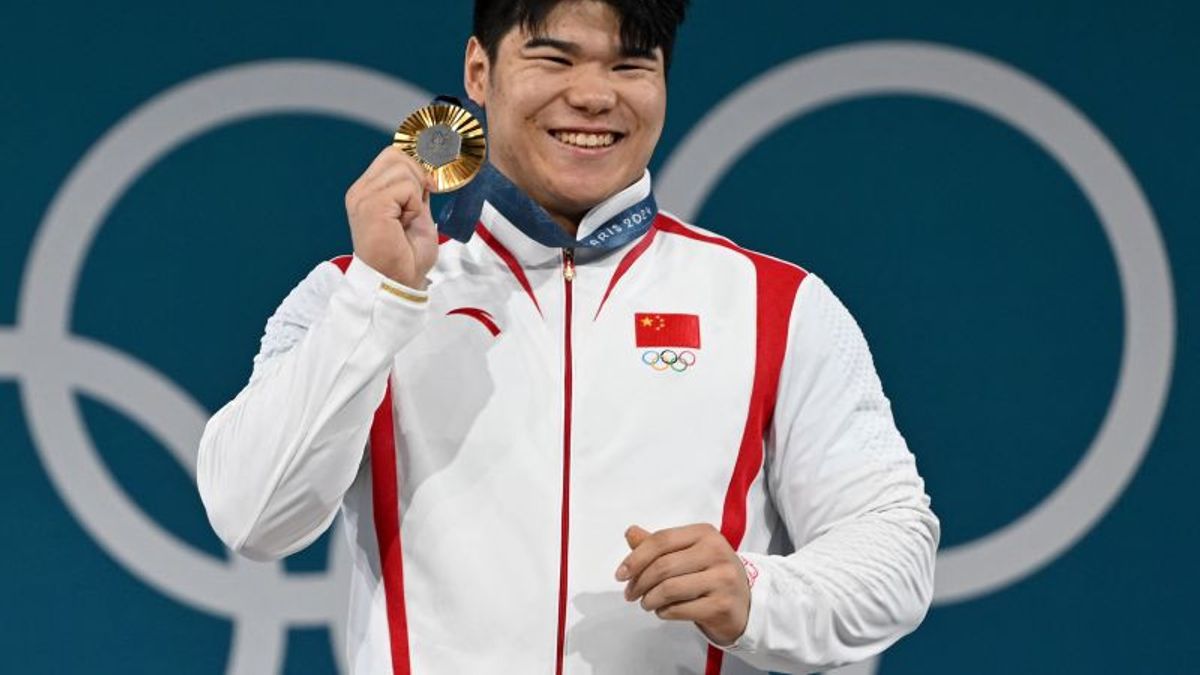Chinese lifter Liu Huanhua must increase weight before winning the men's 102kg class at the 2024 Paris Olympics, which is a new class contested in weightlifting.
Liu lifted a total lift of 406 kg, or less than 7 kg from his own world record in that class.
After that he explained how he had to put a lot of things into his stomach in order to compete in that class, because previously he used to compete in 81kg class.
Athletes Uzbeksitane Akbar Djuraev finished 2 kg behind Liu, while Belarusian lifter Yauheni Tsikhantsou, who appeared in Paris as a neutral athlete, won a bronze medal.
Liu's victory was China's fourth weightlifting gold medal at the Paris Olympics, which confirmed their dominance in the sport.
SEE ALSO:
Liu admitted that he was forced to adjust when the 81 kg class was abolished after Paris 2024 cut the number of weightlifting categories to 10 classes.
"Initially it was comfortable because I ate a lot of food. I used to be afraid to eat a lot," Liu joked, as quoted by AFP on Sunday.
"My body weight rose to 98 kg, then stopped. I had to go through my stomach with a lot of food. Fat in my stomach multiplied, until I had to improve cardio training, ran a lot and cycled. It was really torture," Liu said.
In the women's 81kg class, Norwegian lifter Solfrid Koanda got gold after making a total lift of 275 kg, or 7 kg ahead of Egyptian athlete Sara Ahmed who outperformed Ecuadorian lifter Neisi Dajomes with a difference of 1 kg.
In the men's +102kg class, Georgian athlete Lashha Talakhadze won the gold medal with a total force of 470 kg, while Armenian athlete Varazdat Lalayan had to settle for silver after producing a total force of 467 kg. However, the bronze medal belongs to Bahrain athlete Gor Minasyan with 461 kg.
The English, Chinese, Japanese, Arabic, and French versions are automatically generated by the AI. So there may still be inaccuracies in translating, please always see Indonesian as our main language. (system supported by DigitalSiber.id)















